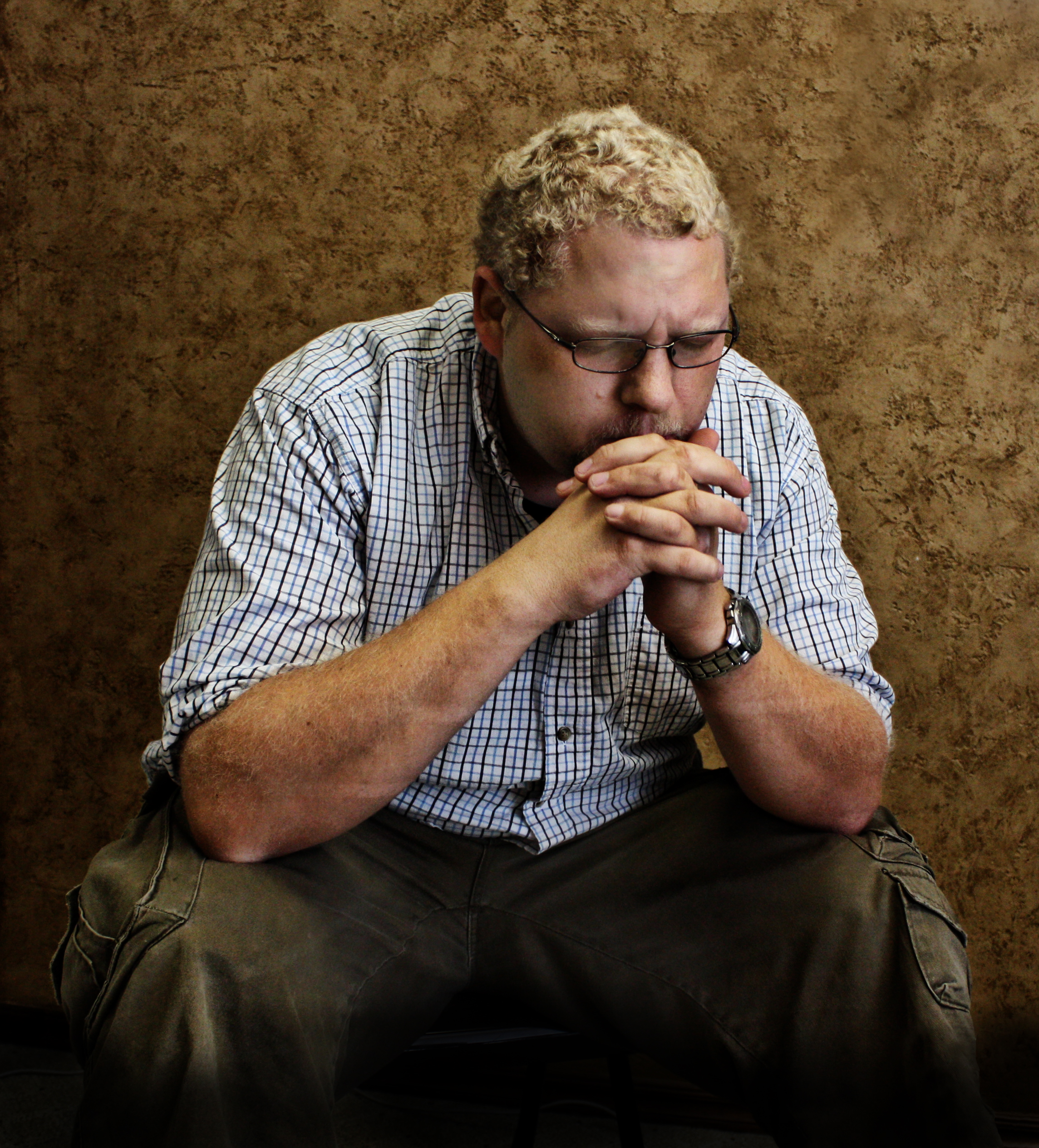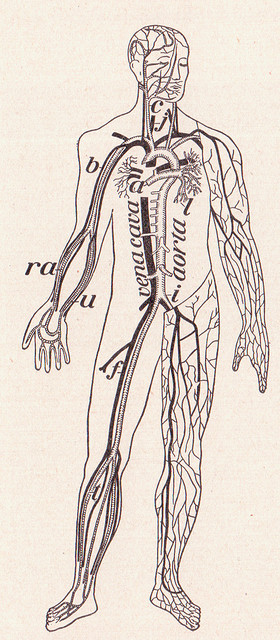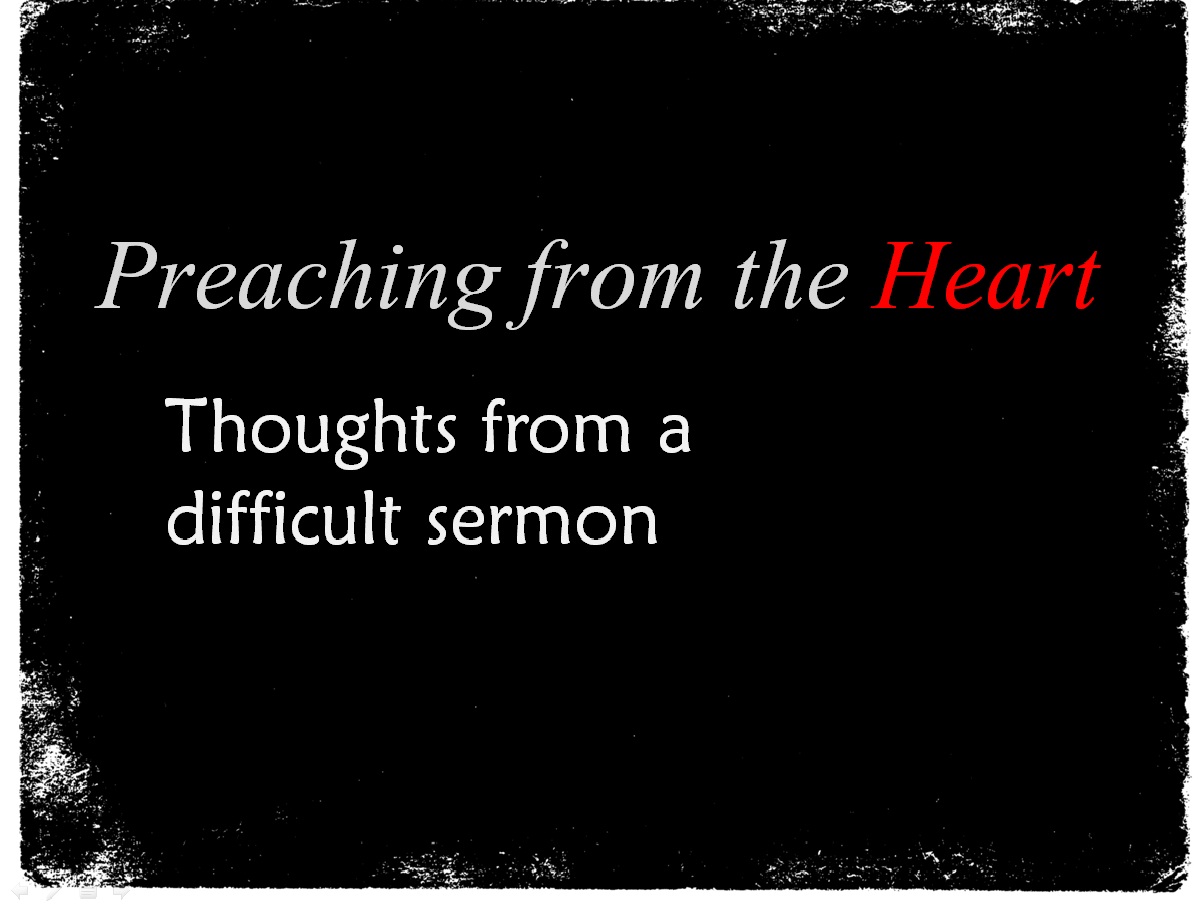Little League Soccer and Leadership

I played soccer for a couple of years growing up. Considering I said I only played a couple of years, you can guess how successful I was. (I was terrrrrrrrrible). To this day, I don’t enjoy watching soccer very much.
Whether or not you like soccer, though, I think you can pick up on this analogy. Picture in your mind very little kids on their first soccer team. The coach–who is exhausted from just trying to get the kids gathered up to start the game–is trying to yell out instructions and encouragement, but it’s useless.
And you likely know why. If you have seen little kids play soccer at all, you know what happens. All the players just run after the ball (and this is usually true of both teams). There is just a large mass of people running up and down and around the field, randomly kicking the ball. While it may be funny to watch, anyone who knows anything about soccer at all knows that’s not the way the game is to be played effectively.
As those kids mature, though, and they play, maybe in high school, you begin to really see the “positions” show themselves and how a team can be most effective. By staying balanced across the field and moving to certain areas in certain situations, the team is far more effective at making progress toward the goal, and stays ready to defend their own goal, too.
How many organizations have a leadership that is more like that little league team? Is it possible that even some churches do?
While there are “elders” and “deacons” (just like that soccer team has “strikers” and “midfielders”), everyone just seems to be running around with no clear direction of what each person is supposed to be doing. Is it any wonder, then, that, while there may be a few “goals” along the way, no one really knows how they happened?
Scripture is crystal clear as to the leadership structure of a local congregation. Elders are to shepherd and tend the flock, be ready to teach, and oversee the work. Deacons are to serve in special and specific capacities. While, certainly, they help each other, only through clear communication and delegation by the elders can each one do his work. And each deacon must do his work, not trying to overreach into being some type of quasi-elder.
It takes a lot of thought and prayer. It takes a lot of organization. And it takes regular reviewing and tweaking, but a congregation can be far more effective in being organized to best do the work they are to be doing for the Lord.
Sometimes, it just takes someone being the coach who is willing to say, “Set it up!”
To Receive Every Article from A Legacy of Faith through Email for Free, Click Here
AUTHOR: Adam Faughn


